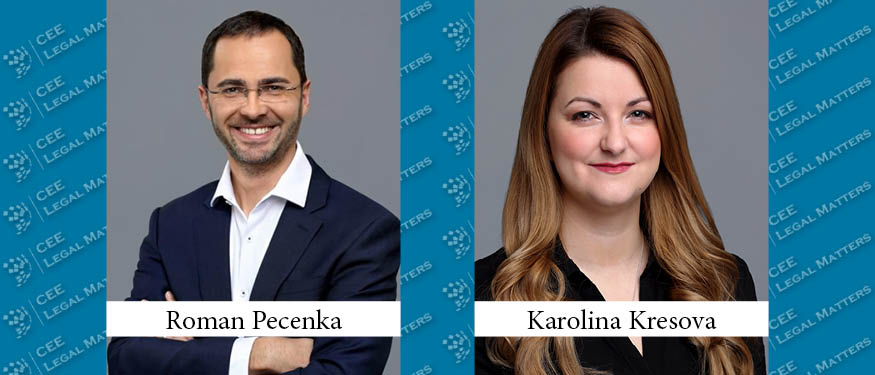On February 9, 2023, the Committee on Industry, Research, and Energy voted in favor of a revised Energy Performance of Buildings Directive (EPBD), which is a part of the EU’s new extensive climate and energy legislation known as “Fit for 55”. The main objective of the revised EPBD is to reduce greenhouse gas emissions and the overall energy consumption of buildings by 2030 with the eventual goal of reaching climate-neutral buildings in the EU by 2050.
As one of the means to achieve this target, the draft directive sets forth new provisions on energy performance certificates (EPCs) that should lead to their better quality, which will help raise awareness and thus contribute to more energy-efficient buildings. Setting the EU’s ambitious goals aside for now, how does the new regulation on EPCs help real estate stakeholders?
EPCs have been a part of the real estate industry for two decades now, first introduced by an earlier version of the EPBD in 2002. The intent of EPCs is to show potential buyers, tenants, and the public (where public buildings are concerned) how energy efficient a certain building is, so they can compare and assess its energy performance against others.
Currently, in the Czech Republic, all new buildings, some public buildings, and all buildings sold or rented are required to have an EPC. EPCs provide information on buildings’ energy performance, rating them on an A-G scale. Although the A-G rating scale is used throughout the EU, the actual parameters for the individual classes are defined on the national level. For this reason, there are discrepancies in what each class means in various member states, diminishing the informative value of EPCs. In addition, EPCs are prepared based on project documentation in the case of new buildings, before any construction actually takes place, for the purposes of permit proceedings. However, since structures often undergo many alterations during the actual construction process, and there is no requirement to update the EPC once finished, the information provided in the EPC may not actually correspond to the energy efficiency of the final structure.
The variability between EPCs across the EU and their inaccuracy deepen the difference in their informative value when compared to other certifications such as BREEAM, LEED, etc. In the Czech Republic, investors, developers, and other stakeholders in the real estate market tend to rely on those certifications more – when assessing the energy performance efficiency of buildings – effectively rendering the EPC a mere administrative requirement without any added value.
The proposed EPBD should, however, improve the use of EPCs. It sets a harmonized scale and provides a clear methodology for labeling the buildings according to primary energy use in kilowatt-hours/square meter/year, complemented by an indicator on operational greenhouse gas emissions and renewable energy that should ensure the comparability of EPCs across the EU.
Furthermore, simplified procedures for updates to EPCs and the issuance of EPCs in some simple cases are proposed to allow for easier access to current information. All EPCs are to be issued digitally and made available in a publicly accessible national database for the energy performance of buildings. To make the EPCs more reliable and to increase their overall quality and accuracy, on-site visits and quality control will be required with respect to the issuance of EPCs.
In addition, the proposal widens the scope of buildings that must have an EPC. Under the new rules, buildings undergoing a major renovation, buildings for which a lease is being renewed, and all public buildings will also be required to have an EPC, whereas buildings occupied by public authorities and frequently visited by the public will also have to visibly display their EPC.
Although the final wording of the EPBD is not yet known, it is clear where the future of EPCs is headed. As such, we cautiously welcome the further harmonization of EPCs aiming to improve access and the quality of the information with respect to the energy performance of buildings, since the current EPCs more or less fail in this regard. However, it remains to be seen whether the new rules will make the EPCs more practical and an actually reliable tool for the assessment of the energy performance of buildings by real estate stakeholders.
By Roman Pecenka, Partner, and Karolina Kresova, Associate, PRK Partners
This article was originally published in Issue 10.3 of the CEE Legal Matters Magazine. If you would like to receive a hard copy of the magazine, you can subscribe here.


